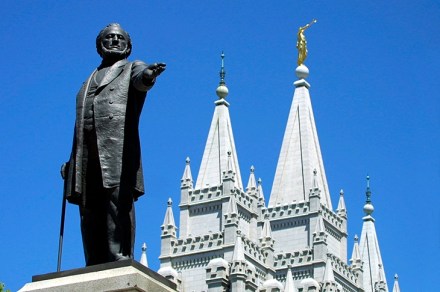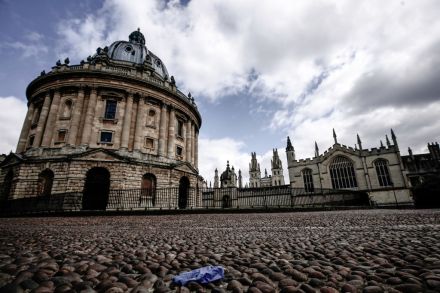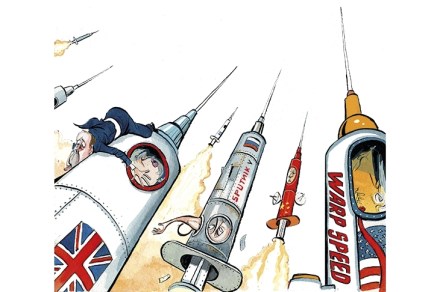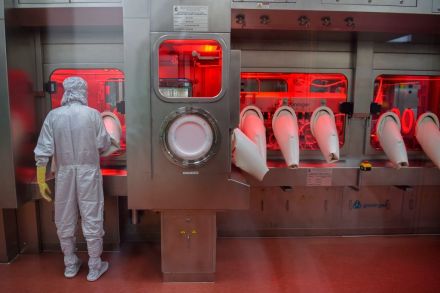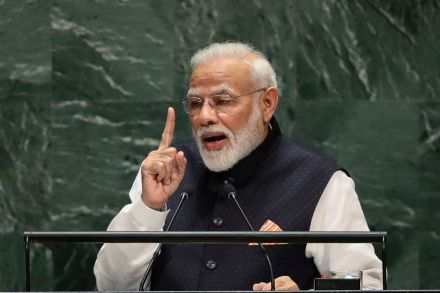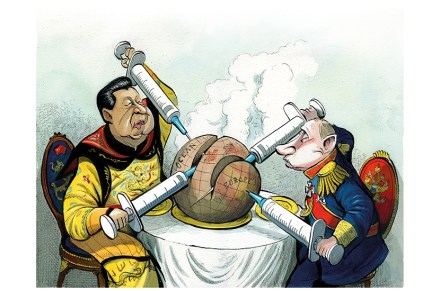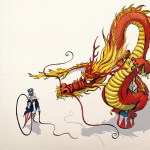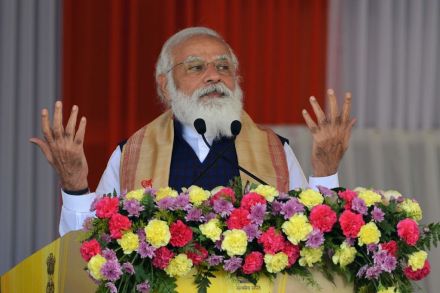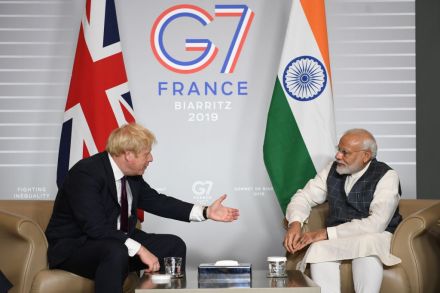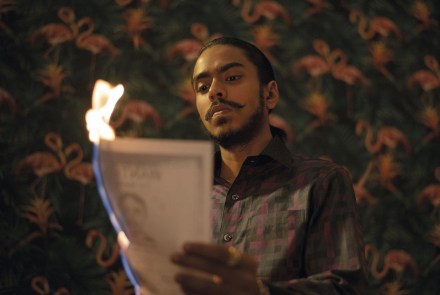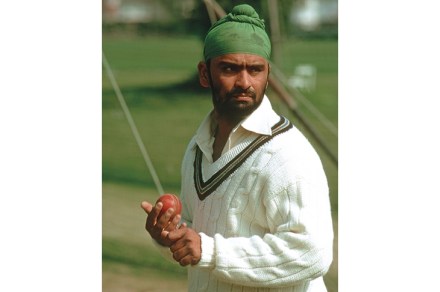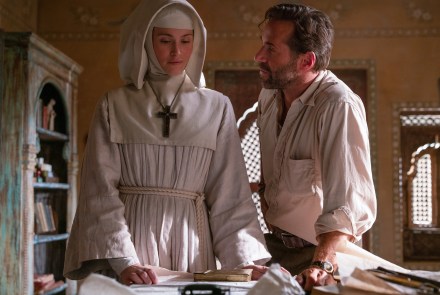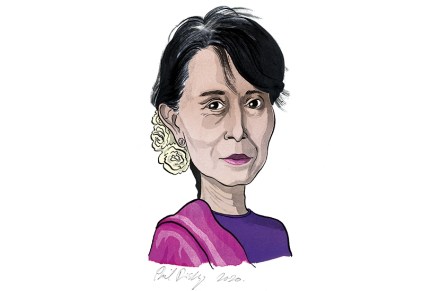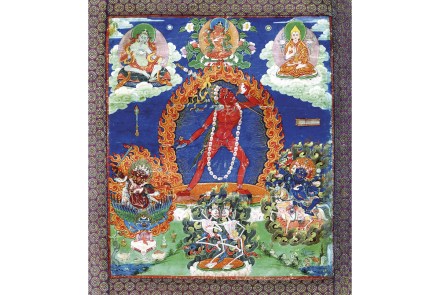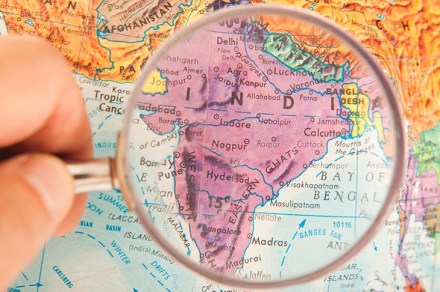Letters: The inconsistencies of Mormonism
A leap of faith Sir: I live not far from the ‘London Temple’ of the Church of Jesus Christ of Latter-day Saints. Most summers, the local streets are trodden by American Mormon missionaries, polite teenagers who occasionally approach to ask if we know Jesus Christ. Some years ago, I read the book on which the new Netflix series Murder Among the Mormons (‘Latter-day sinners’, 3 April) appears to be based. So when I was accosted by a couple of missionaries, I was able to ask them why the practice of polygamy, so avidly promulgated by the founder of their church, Joseph Smith, had been abandoned. My interviewee explained that Smith
